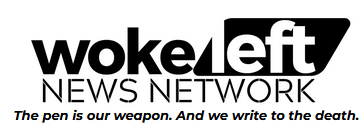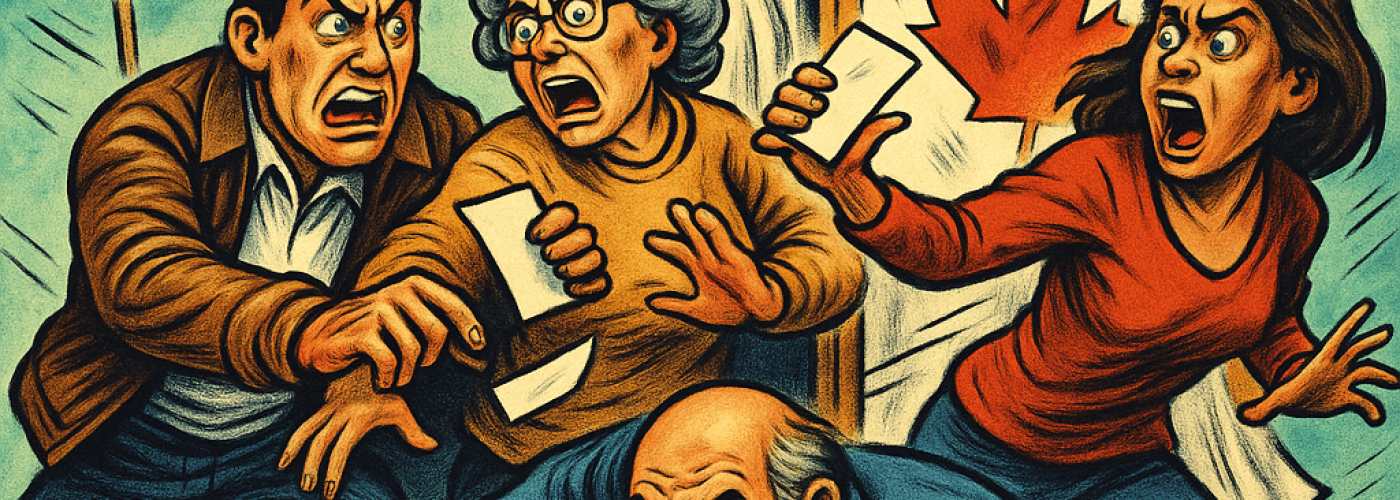Today, Canadians are standing at a crossroads. After months of campaigning, debates, and promises from every corner of the political spectrum, it all comes down to this moment: a federal election that could reshape the future of our country for years to come.
This isn’t just another election cycle. It’s a defining one — not because the slogans are catchier or the signs are flashier, but because the stakes are higher than they’ve been in decades. The choices we make today will ripple out into the economy, healthcare, education, and even our sovereignty.
At the heart of it all are two very different visions of Canada’s future. On one side stands Mark Carney, the current Prime Minister, advocating for economic stability, environmental leadership, and a Canada that holds its ground on the world stage. On the other side is Pierre Poilievre, offering a promise to dismantle many existing systems in favour of a leaner, more isolated, and so-called “free” Canada.
Both sides claim to stand for freedom. Both sides say they’re fighting for the little guy. But when you peel back the glossy promises, the differences are sharp, and the risks are real.
Why This Federal Election Feels Different
It’s not just the usual campaign noise. There’s a real sense of urgency buzzing in the air. Part of it has to do with what’s happening outside our borders. The world has changed dramatically, and not for the better. U.S. President Donald Trump has returned to power and has wasted no time rattling sabers with Canada, suggesting tariffs, trade restrictions, and even making thinly veiled remarks about annexation.
These aren’t the kind of threats you brush off.
Canadians are aware — maybe more than ever — that we need leadership that doesn’t just react, but that can stand firm and protect what matters: our economy, our environment, our rights, and our autonomy.
This federal election feels less about the traditional left-right split and more about whether Canada leans into fear or rises with hope.
What’s Actually at Stake
Economic Stability:
Inflation, housing, and affordability dominate kitchen table conversations across the country. Canadians want to know: will they still be able to buy a home, pay their bills, retire with dignity? Will they still have a social safety net if times get tough?
Carney’s platform focuses on managing these challenges with a steady hand — building green infrastructure, investing in workers, and maintaining strong ties with global trade partners. Poilievre, on the other hand, offers deregulation and a smaller government, hoping that “the free market” will sort it all out.
It’s not just a difference in policy — it’s a difference in worldview.
Healthcare:
COVID-19 exposed cracks in our healthcare system, and Canadians haven’t forgotten. There’s still a major strain on hospitals, and privatization whispers are getting louder.
Will the next government protect and strengthen universal healthcare, or will we watch it erode under the weight of “cost-saving measures”?
National Identity and Sovereignty:
Perhaps the most chilling issue is Canada’s role on the world stage. With rising populism, nationalism, and international instability, who we elect today will signal to the world what kind of country Canada intends to be.
Do we hunker down and hope for the best? Or do we stand up and show the world that dignity, democracy, and decency are not negotiable?
The Myth of “Freedom”
A lot of noise this federal election has been made about “freedom.” It’s a word thrown around by political campaigns like confetti at a parade — but what are they actually selling?
True freedom isn’t just the absence of rules. It’s the presence of opportunities. Freedom is being able to afford a home. Freedom is knowing you can take your child to a hospital without bankrupting yourself. Freedom is walking into a voting booth without fear that your rights are about to be stripped away.
Be skeptical of anyone selling freedom like it’s a clearance item at a big-box store. Freedom, real freedom, requires responsible leadership, protections, and a government that actually cares about you — not just about donors, billionaires, or multinational corporations.
Record Turnout Means We’re Paying Attention
Advance voting saw historic numbers — over 7.3 million Canadians cast their ballot early in this federal election. That says something powerful: Canadians are awake. Canadians are paying attention.
No matter how cynical you might feel about politics — and trust me, a lot of us feel it — voting still matters. Not voting doesn’t make you “above the fray.” It just hands your voice over to someone else.
The reality is, if you don’t vote, the people making decisions about your life, your healthcare, your future, will happily make those decisions without you.
Where We Go From Here
Whatever happens tonight, Canada will wake up tomorrow a little different. Maybe a little stronger. Maybe a little shaken. It’s up to all of us — not just the politicians — to hold leaders accountable for the promises they made and the visions they sold.
The work doesn’t end with voting. It’s only the beginning.
Stay involved. Stay informed. Keep asking hard questions. Democracy isn’t a spectator sport. If you care about what happens to this country — to your family, your neighbours, your future — then you can’t afford to sit this out.
Canada is more than just a patchwork of policies or party slogans. It’s a living, breathing idea. It’s about fairness. It’s about decency. It’s about fighting for a place where people actually care about each other.
Today, Canadians vote in the Federal Election. Tomorrow, the real work begins.



